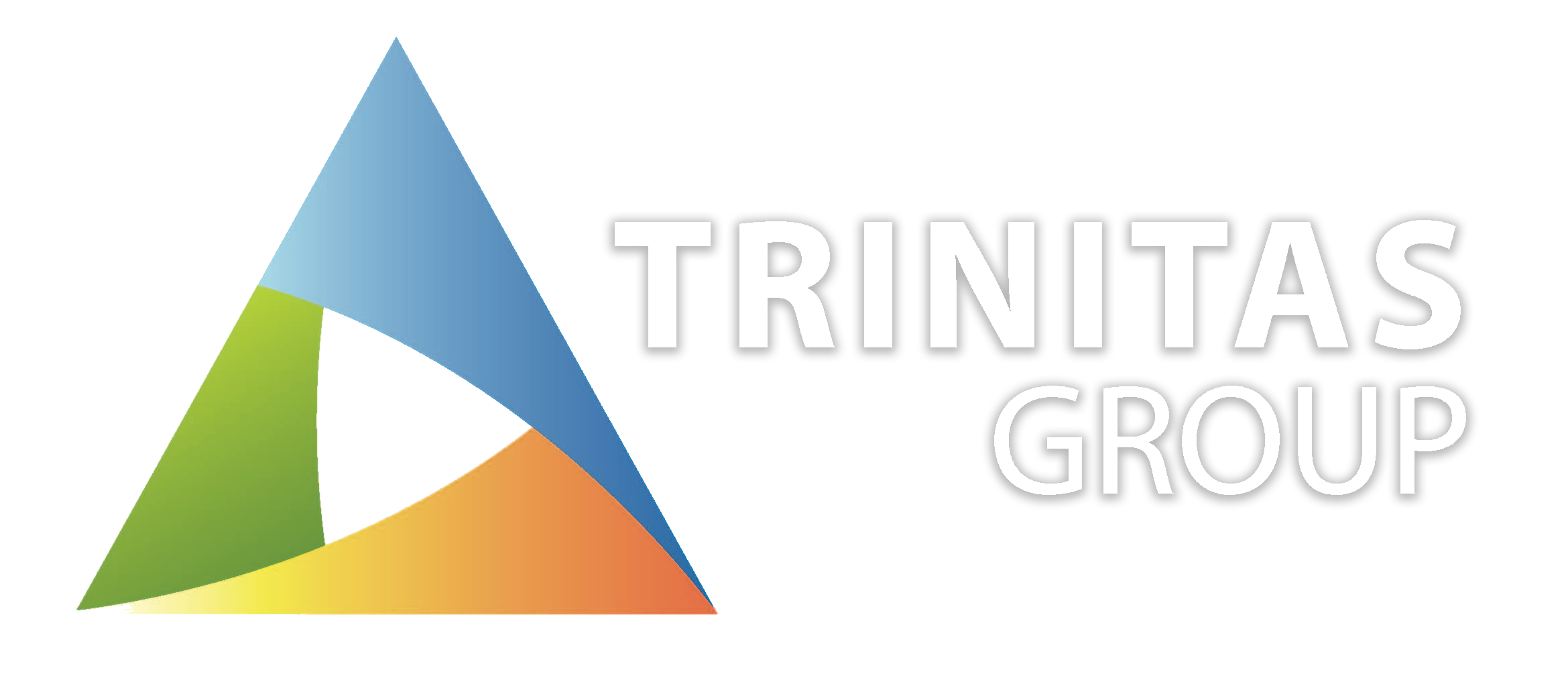Health authorities and transport union bodies are calling for the Berejiklian Government to establish an online Hazardous Materials Register for NSW trains stations after reports that several workers had come into contact with the fibres.
Dr Peter Tighe, the CEO of the Australian Government Asbestos Safety and Eradication Agency explained, in an interview with the Daily Telegraph that there are issues across the NSW Transport network regarding HMR, with many lacking critical details or not kept up to date.
“The problem with Transport NSW is access, quality and detail. HMRs are not asbestos registers specifically, and the quality and consistency varies greatly,” Dr Peter Tighe said.
Dr Tighe is an advocate for a centralised database to keep records of incidents and frequency of exposure. “(Without it) what happens is work is then undertaken blindly,” he said.
“It appears that there was an attempt about 15 years ago to develop asbestos registers as required by the Health and Safety Act. But this was converted to HMR’s which contain things such as lead paint and other carcinogenic materials which can distract from identifying asbestos.”
The NSW Secretary for the Rail, Tram and Bus Union, Alex Claassens, said he is disappointed by the reported incidents of asbestos exposure with no centralised record-keeping system.
“We would like to see them create an online database so people like me for an example can go into it and check my record and see if all the information is correct.
“Workers and the travelling public need to be assured that asbestos is not readily accessible for people to be exposed to.”
The drive for a central database comes after an investigation launched last year to look into the circumstances surrounding contracted workers coming into contact with asbestos-containing materials over a period of three months.
Lead investigator of the report, Dr David Chessum, explained that there was “a “failure of corporate management systems” to provide an “appropriate level of guidance”.
The report outlined seven recommendations for Transport NSW to implement, and a Transport NSW spokesman said: “Sydney Trains and NSW TrainLink implemented or were implementing the recommendations of that investigation.”
Understandably, many workers employed by Sydney Trains, NSW TrainLink and NSW Transport are concerned that they may have been unknowingly exposed to asbestos-containing material.
“Employees heard rumours that the registers were actually lost because Sydney Trains were not forthcoming with registers when employees asked for them,” Labor MP Mark Buttigieg said.
“They are concerned and feel insecure that their exposure to asbestos may not have been recorded and that proper, accurate, and up to date health monitoring records are not being kept.”
Mr Buttigieg said the exposure incidents show a “lazy, passive and at times indifferent approach” to the correct management of asbestos.
“As a cluster of state-owned instrumentalities under the control of Transport for NSW, employees and the public have a right to expect that the government uses its control and ownership to ensure best practice is employed to protect the safety and wellbeing of them,” he said.
Transport NSW explained via a spokesman that the organisation’s responsibilities concerning asbestos management and handling were taken “extremely seriously” and there were significant, detailed protocols in place.




